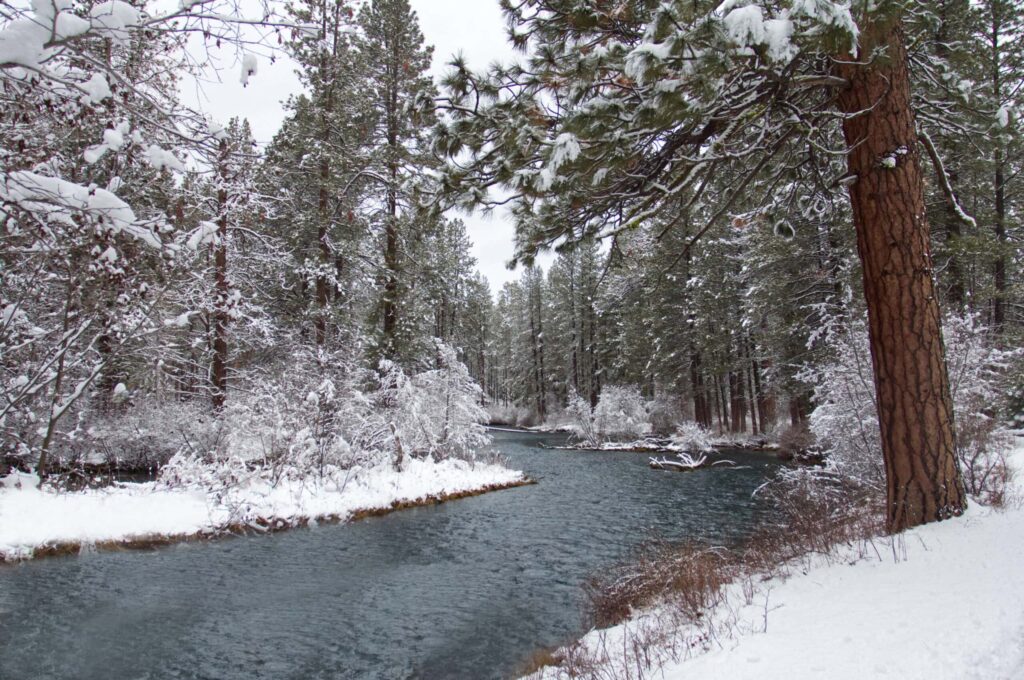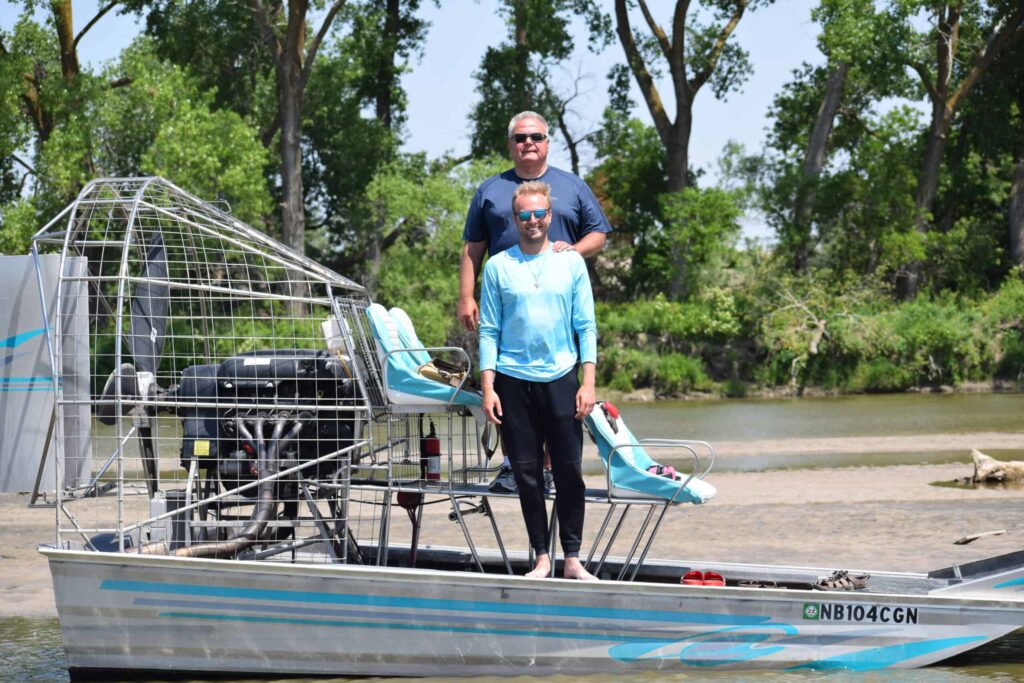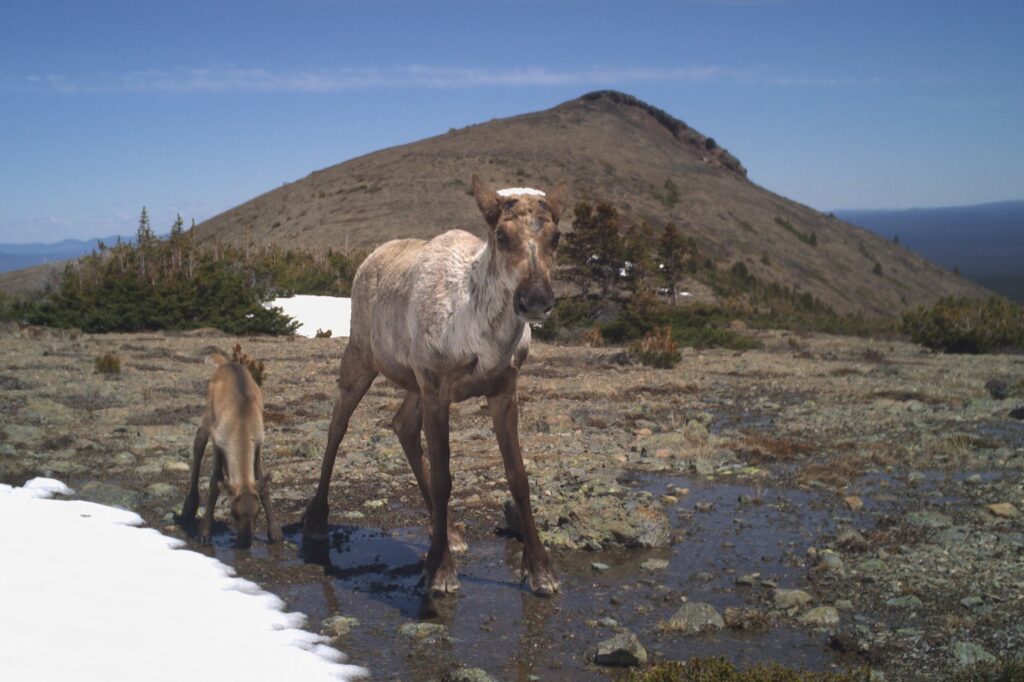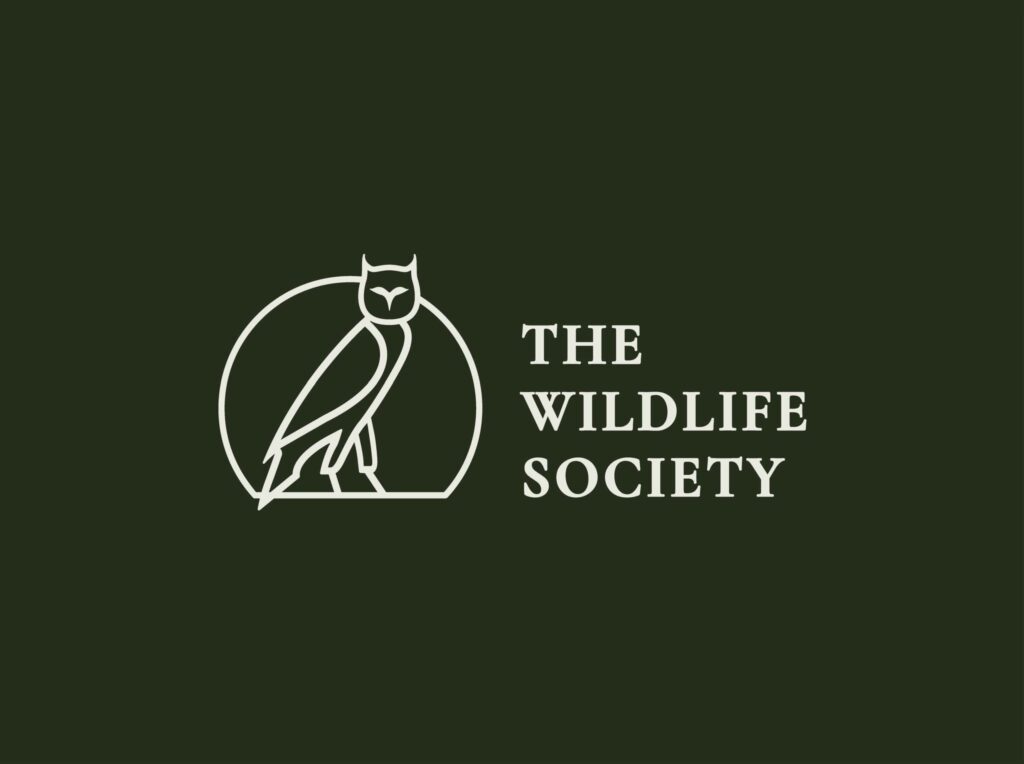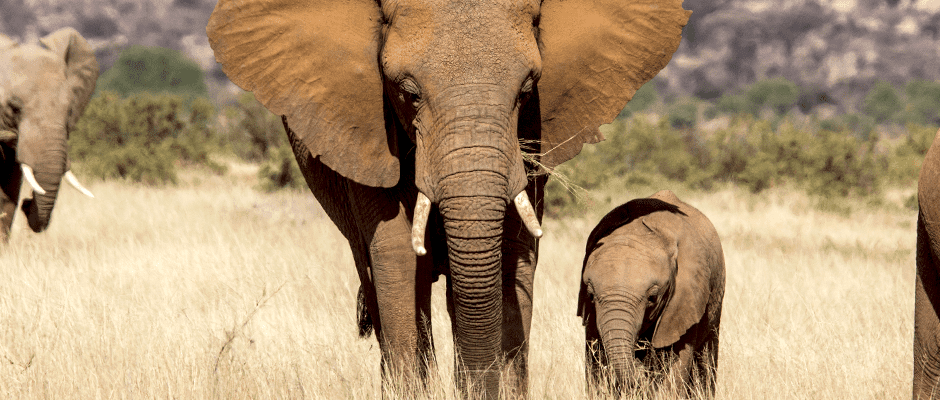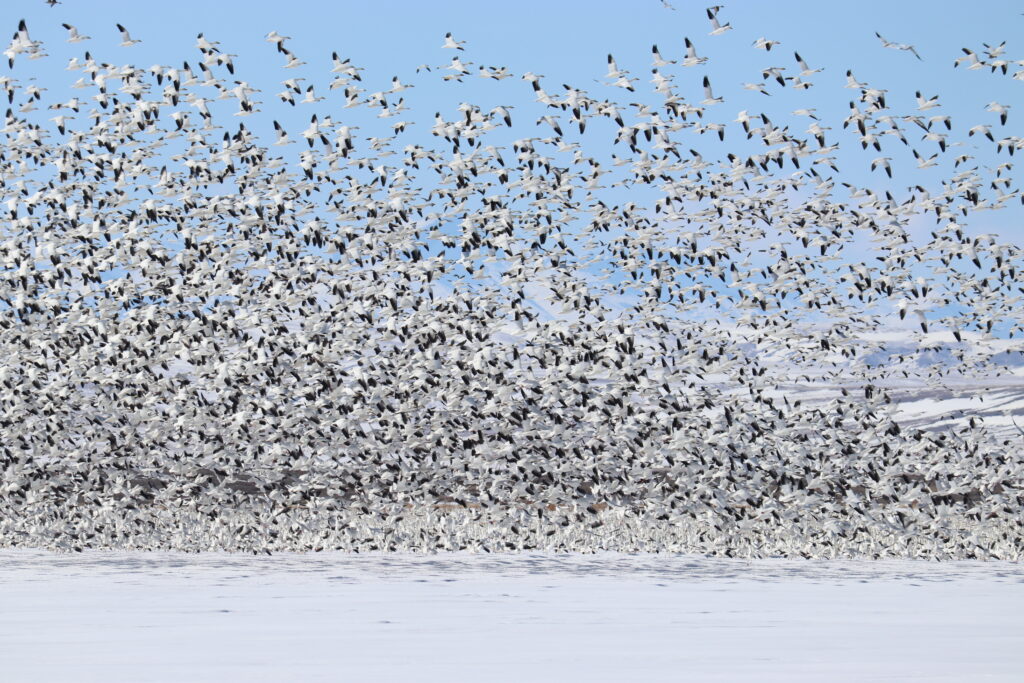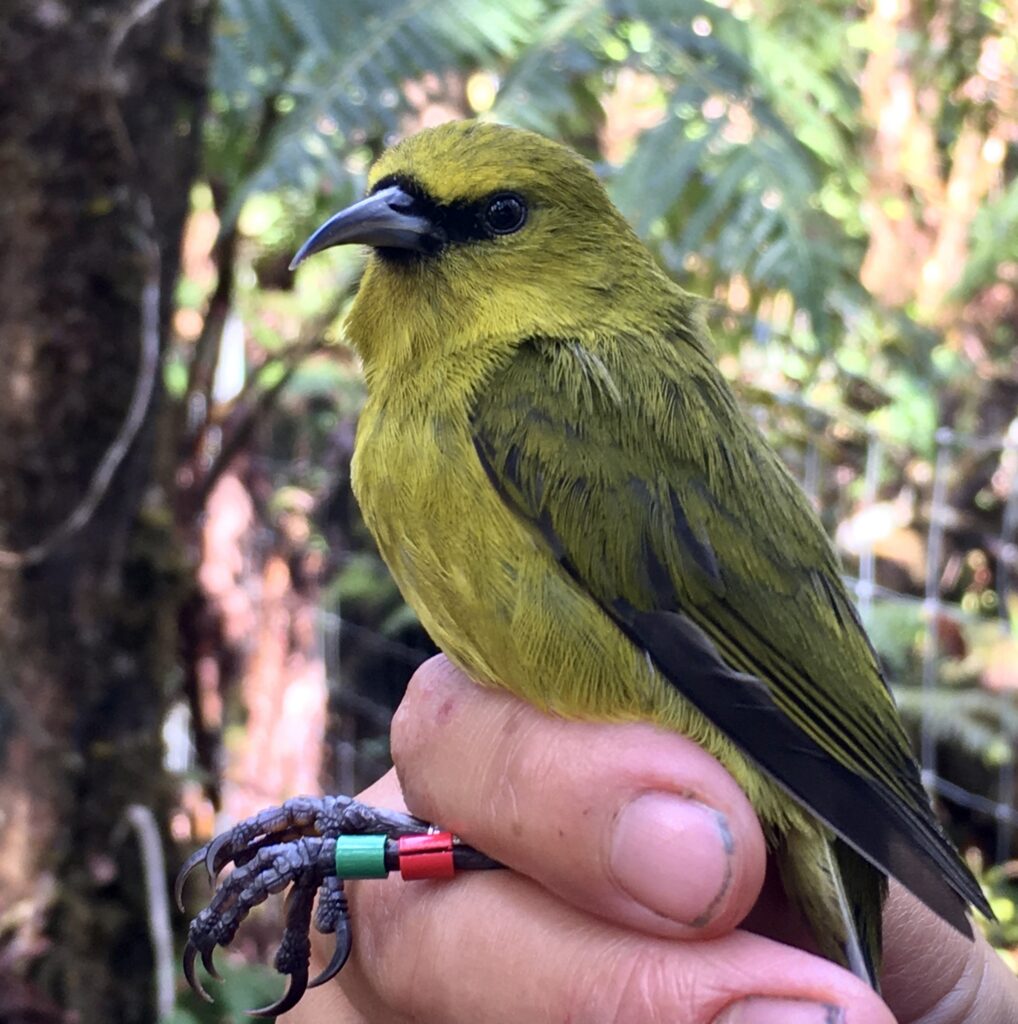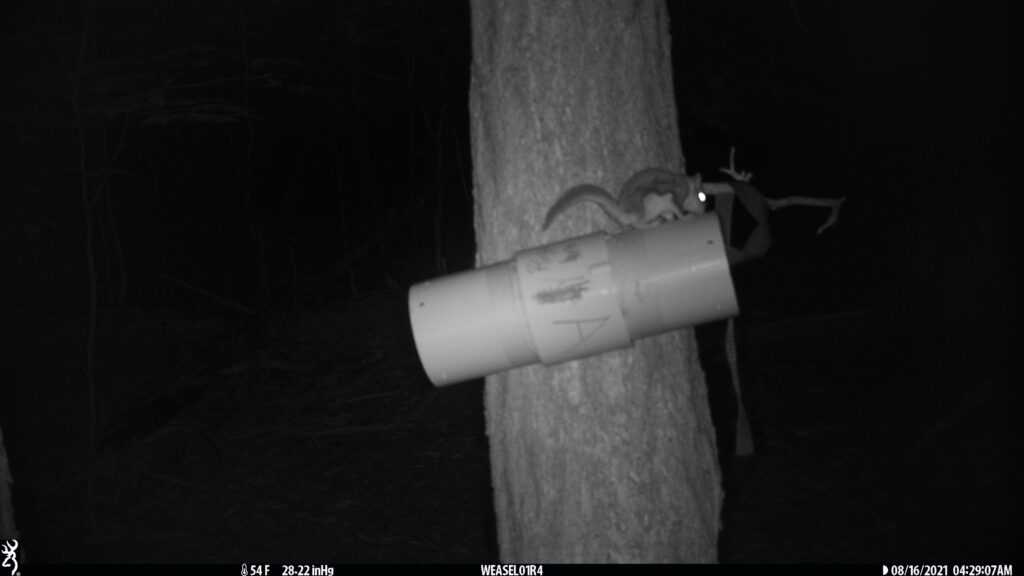On November 22, The Wildlife Society sent a letter to President Trump regarding the conservation of African elephants (Loxodonta africana) in Zimbabwe, Zambia, and other African countries. TWS submitted this letter in response to President Trump’s decision to review the recent U.S. Fish and Wildlife Service notice that hunting African elephants for trophies in Zimbabwe, after the implementation of their new Elephant Management Plan on January 21, 2016, is beneficial for the conservation of the species. At the moment, the USFWS’ policy is in place until the end of 2018, but can be reviewed at any point.
The African elephant is listed as threatened under the Endangered Species Act throughout its range. This is due to a number of threats to the elephant including, poaching, human-elephant conflict, and declines in suitable habitat. As part of that listing, the U.S. Fish and Wildlife Service can authorize the import of a hunter-harvest elephants if the Service finds that the killing of the animal will enhance the survival of the species in the wild. The USFWS recognizes that legal, well-regulated hunting can contribute to biodiversity conservation through providing incentives to local communities to conserve the species and revenue for conservation programs. Indeed, the Service does currently allow applications to import hunter-harvested elephants from South Africa and Namibia, but has previously restricted the activity for elephants hunted in other countries.
In 2014, the USFWS suspended the import of elephant trophies from Zimbabwe; limited information about the country’s conservation plans made it impossible for USFWS to make a “positive enhancement” finding. At that time, the USFWS identified specific concerns about Zimbabwe’s elephant hunting and management programs. Zimbabwe and other key stakeholders have since worked to address the issues and fill information gaps to meet the USFWS criteria for the import of hunter-harvested elephants and for the protection of the elephants.
One such concern from the USFWS was unclear progress towards the goals and objectives of Zimbabwe’s outdated elephant management plans. Zimbabwe adopted the Zimbabwe National Elephant Management Plan (2015-2020) on January 21, 2016, and the USFWS determined that the plan has adequate regulatory mechanisms for managing elephants, if properly implemented. According to the USFWS, the plan also has a more systematic, scientific approach to establishing hunting quotas that considers other forms of take, like poaching and problem animal control, past elephant trophy quality and community benefits of proposed harvests.
Another key concern was that Zimbabwe had no mechanism to document the financial benefits that U.S. hunters provide for elephant conservation. The USFWS recognizes that Zimbabwe has now implemented a mechanism that can track all revenue generated through hunting activities. Furthermore, the 2014 Pan African Aerial Elephant Survey also provided Zimbabwe and the USFWS with better estimates on actual population sizes, which were subsequently used to inform the elephant management plan. Zimbabwe has also stepped up its anti-poaching efforts in order to combat the poaching crisis that is affecting elephant populations across Africa. Ultimately, because of these and other efforts put in place by Zimbabwe, the USFWS was able to determine that hunting elephants in Zimbabwe will help enhance the survival of the African elephant.
As specified in The Wildlife Society Standing Positions, TWS recognizes the importance of cooperative management of species to sustain and enhance wildlife populations, species and habitats for human benefits. TWS’ letter provides support for the USFWS’ science-based process for evaluating elephant management plans and determining if hunting will contribute to the survival of the species. Given the recent coup d’état in Zimbabwe, TWS recommends that the Service wait to determine if the plans that were reviewed and serve as the basis for the decision are supported by the country’s new leadership before a final decision is reached. Ultimately, TWS’s letter supports and encourages the Trump administration to support science-based policies that will conserve and enhance African elephant populations and the sustainable use of wildlife resources.
Read TWS’ Standing Positions on Hunting, Responsible Human Use of Wildlife and Threatened and Endangered Species in the U.S.
Article by Kaitlyn Miller

